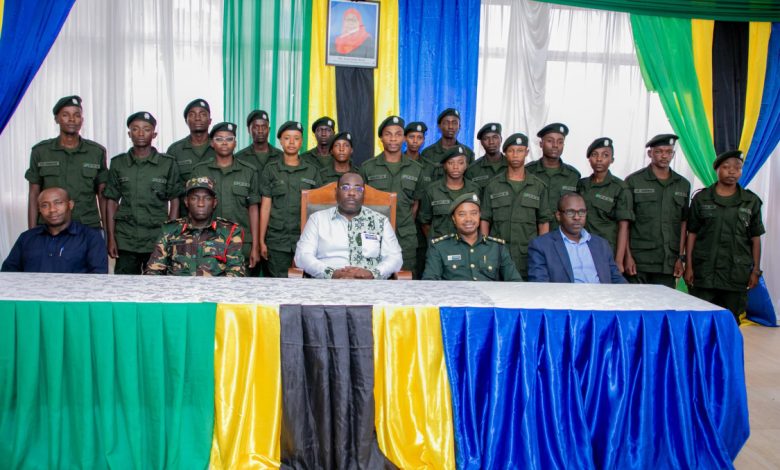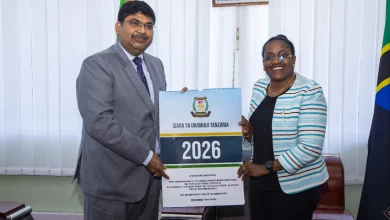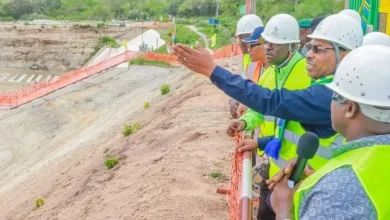FITI overhauls forestry curriculum to close skills gap

KILIMANJARO: THE Moshi-based Forestry Industries Training Institute (FITI) has launched a major curriculum reform programme aimed at ensuring forestry graduates possess the practical skills needed to meet the evolving demands of the local and international job market.
The initiative seeks to promote the sustainable development of the forestry sector through modern, skills-based education. FITI Principal Dr Zacharia Lupala revealed the plan during a workshop held in Moshi recently to review and strengthen forestry training programmes.
“This workshop is meant to improve forestry curricula, enabling educational institutions to offer training that aligns with the actual demands of the forestry job market,” Dr Lupala said.
He explained that the curriculum reform programme funded by the European Union (EU) involves collaboration between FITI, the Olmotonyi Forestry Institute, the Zambia Forestry Institute, education institutions from Finland and the LUO Learning Institution from Estonia.
“This programme is crucial for institutional heads and curriculum developers, as it will equip students with the skills required to compete effectively in both public and private sector employment,” he added.
ALSO READ: TFS trumpets forestry investment opportunities at Nanenane Exhibition
Dr Lupala emphasised that forestry colleges must regularly review their curricula to remain responsive to new opportunities emerging in the forestry sector.
“We understand that Tanzania’s new education policy focuses on strengthening practical and skills-based learning from primary education. FITI’s reform plan aligns with this vision,” he stated.
He further said the government’s education policy presents an opportunity for young people to gain hands-on, skillsbased education that can enable them to secure employment or engage in self-employment based on their acquired expertise.
The Principal of the Olmotonyi Forestry College, Dr Joseph Makero, said the workshop brought together forestry experts from Finland, Zambia and Estonia.
“This workshop forms part of a three-year project aimed at strengthening forestry education by providing innovative and practical training for the sustainable management of forest resources,” he said.
“The goal is to build the capacity of forestry educators in Tanzania and Zambia so they can teach using modern technologies and applied scientific methods,” he added.
Dr Makero noted that the project officially commenced in January 2025 and is expected to conclude by December 2027, focusing on five key thematic areas related to forestry education and innovation.






A very good article